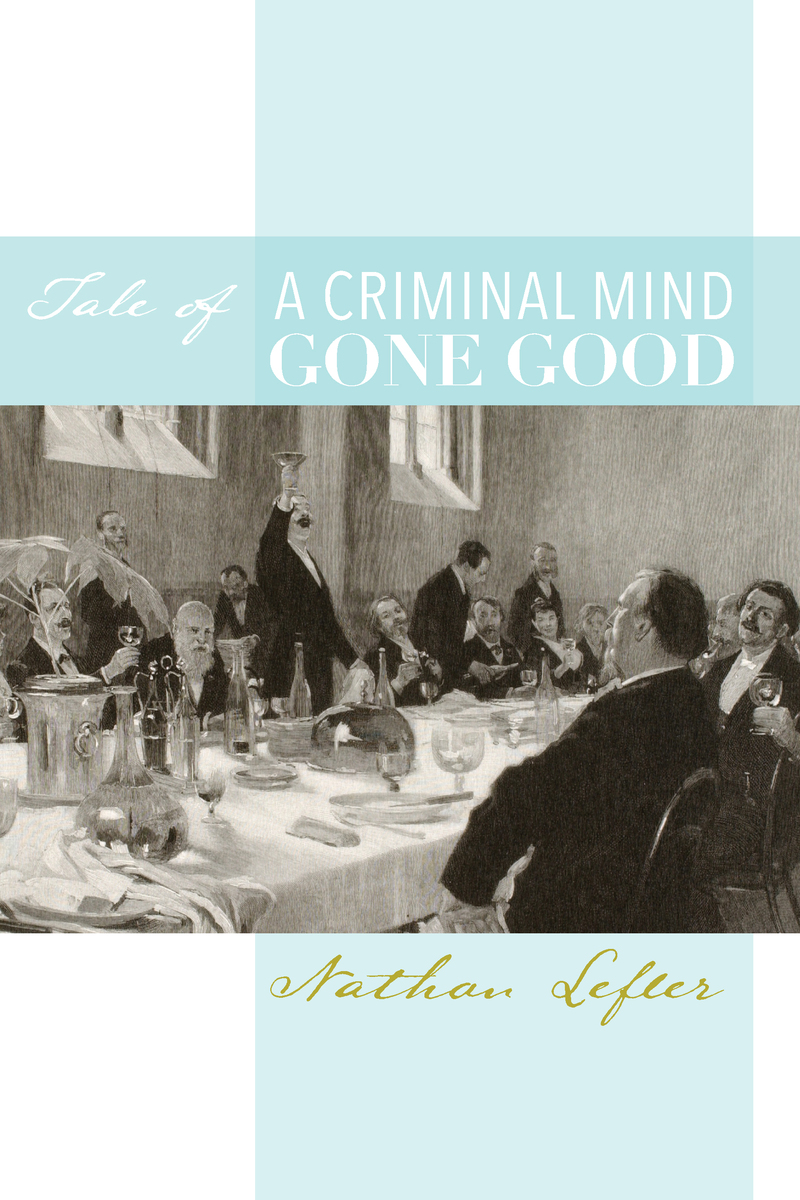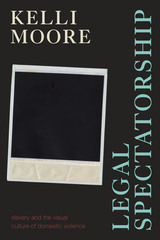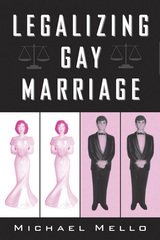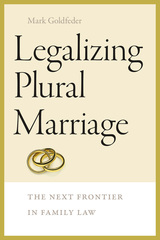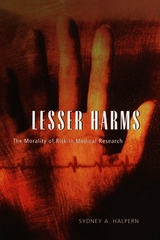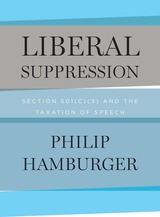Tale of a Criminal Mind Gone Good
St. Augustine's Press, 2021
eISBN: 978-1-58731-872-6 | Paper: 978-1-58731-871-9
eISBN: 978-1-58731-872-6 | Paper: 978-1-58731-871-9
ABOUT THIS BOOK | AUTHOR BIOGRAPHY
ABOUT THIS BOOK
In this concise and creative book, Nathan Lefler places G. K. Chesterton and René Girard in conversation on the art of being deceived. The campaign to get rid of (or mythicize) the Judaic and the Christian is not progress, it is a fog. Girard noted early on that returning preeminent status to the Judeo-Christian influence would have the (paradoxical) effect of clearing the air, such that humans might actually breathe and reason well again.
Entrée G. K. Chesterton. If Girard recognizes the talent certain literary figures have for observing what celebrated philosophers fail to see, Chesterton is one of these men of real vision. Lefler in his match-making is interested in “Romance and the romantic,” and placing Girard and Chesterton in a kind of dialogue he draws a clearer concept of Romanticism. Who is the Romatic hero? And why do we so badly need to know? If what Lefler sees in Chesterton and Girard requires “special pleading” on the part of the reader for the author to make himself more clear, Lefler obliges. He takes a sharp turn into the Father Brown stories and points the reader to Chesterton’s famous villain: Flambeau, the “colossus of crime”. The moral transition from sinner to saint in Flambeau is strikingly anti-Romantic and, with Girard in mind, also very much anti-mimetic. Or is it? Lefler argues that even Girard would have “inclined his own regal forehead in delight and awe” at Chesterton’s portrayal of the crowning Romantic quality and unlikely machete in an overgrown jungle of the self-intoxicated modern imagination––namely, humility.
Lefler makes his mark in several places with this new study. As literary critic, both Chesterton and Girard are honored. As philosopher, Lefler speaks as if somehow he managed to find a pocket of unpolluted air to breath. As theologian, he betrays that he also loves what Chesterton and Girard loved. And as special service to the reader, the full text of Chesterton’s The Queer Feet is provided.
Entrée G. K. Chesterton. If Girard recognizes the talent certain literary figures have for observing what celebrated philosophers fail to see, Chesterton is one of these men of real vision. Lefler in his match-making is interested in “Romance and the romantic,” and placing Girard and Chesterton in a kind of dialogue he draws a clearer concept of Romanticism. Who is the Romatic hero? And why do we so badly need to know? If what Lefler sees in Chesterton and Girard requires “special pleading” on the part of the reader for the author to make himself more clear, Lefler obliges. He takes a sharp turn into the Father Brown stories and points the reader to Chesterton’s famous villain: Flambeau, the “colossus of crime”. The moral transition from sinner to saint in Flambeau is strikingly anti-Romantic and, with Girard in mind, also very much anti-mimetic. Or is it? Lefler argues that even Girard would have “inclined his own regal forehead in delight and awe” at Chesterton’s portrayal of the crowning Romantic quality and unlikely machete in an overgrown jungle of the self-intoxicated modern imagination––namely, humility.
Lefler makes his mark in several places with this new study. As literary critic, both Chesterton and Girard are honored. As philosopher, Lefler speaks as if somehow he managed to find a pocket of unpolluted air to breath. As theologian, he betrays that he also loves what Chesterton and Girard loved. And as special service to the reader, the full text of Chesterton’s The Queer Feet is provided.
